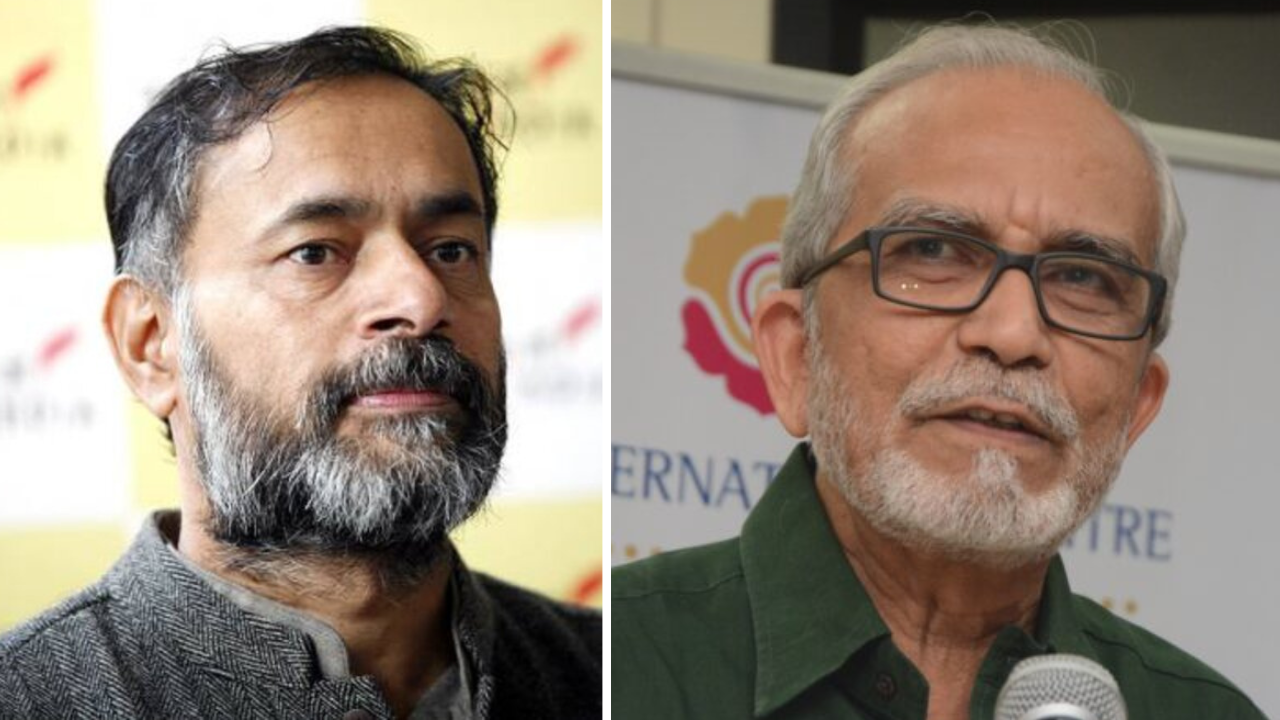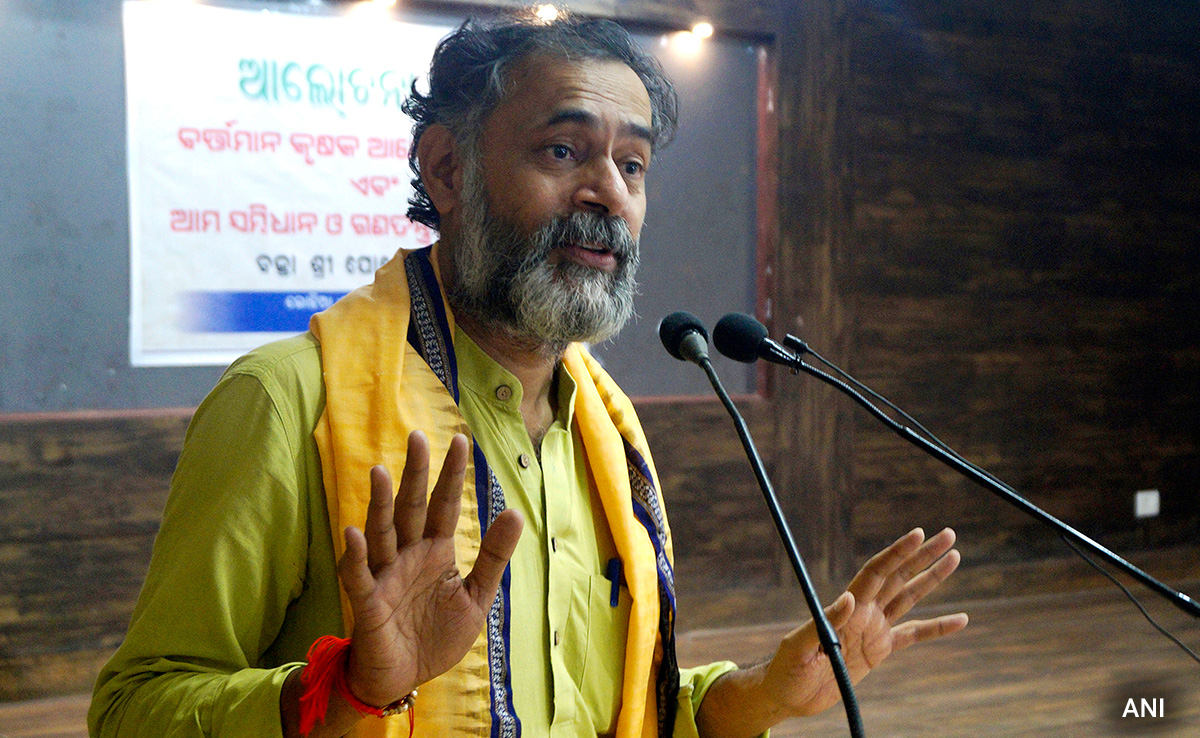In a scathing letter addressed to the National Council of Educational Research and Training (NCERT), prominent academics Yogendra Yadav and Suhas Palshikar expressed their deep embarrassment and called for the removal of their names from the revised Political Science textbooks. Both Yadav and Palshikar, who were originally mentioned as chief advisors in the NCERT textbooks, criticized the extensive alterations made to the content, describing it as “mutilated beyond recognition” and academically dysfunctional.
The joint letter emphasized the experts’ strong disagreement with the entire process of reshaping the textbooks, labeling it as a misguided attempt at rationalization. Yadav and Palshikar stated their discomfort at being associated with the revised versions and urged the NCERT to dissociate their names from the Political Science books for classes 9 to 12. They argued that the current textbooks failed to effectively impart knowledge about the principles of politics and the broader patterns of political dynamics that have unfolded over time.
The experts expressed their dismay at not being consulted during the revision process and asserted their complete disagreement with the introduced cuts and deletions. They condemned the indiscriminate nature of these alterations, considering them academically indefensible and a departure from the logical structure of the original textbooks. Yadav and Palshikar unequivocally distanced themselves from the revised textbooks and demanded that their names not be utilized as Chief Advisors.
Outrage and Disassociation: Experts Slam NCERT’s Textbook Revision, Demand Removal of Their Names
Yadav and Palshikar had originally served as chief advisors for the Political Science textbooks, which were initially published in 2006-07. However, last year, the NCERT implemented revisions under the guise of rationalization due to the ongoing Covid pandemic. These revisions included the removal of all references to the 2002 Gujarat riots and a reduction in content related to the Mughal era.
The experts’ letter highlights the deep concern surrounding the NCERT’s textbook revision process, raising questions about its integrity and adherence to academic standards. Yadav and Palshikar’s disassociation from the revised textbooks underscores their rejection of what they perceive as a partisan agenda. They assert that the revisions lack academic rigor and are incompatible with the principles of unbiased education.)
The controversy surrounding the revised textbooks has generated widespread outrage within the academic community. Critics argue that the removal of significant historical events and dilution of content undermine the comprehensive understanding of political science among students. The alterations have been seen as attempts to downplay certain events or periods of history, potentially eroding the critical thinking and analytical skills of young learners.
Academic Integrity in Jeopardy: Yadav and Palshikar’s Disassociation Highlights Concerns Over NCERT’s Revised Political Science Textbooks
The NCERT’s decision to proceed with these revisions without adequate consultation with experts like Yadav and Palshikar has raised concerns about the transparency and inclusivity of the process. Critics argue that such major changes to textbooks, which have far-reaching consequences, should involve extensive deliberation and engagement with a diverse range of stakeholders, including subject experts, educators, and students.
The demand for the removal of Yadav and Palshikar’s names from the revised textbooks serves as a powerful statement against the perceived erosion of academic integrity and the imposition of a particular ideological narrative. It underscores the importance of upholding rigorous standards in educational materials, free from undue political influence or biases.
The NCERT now faces mounting pressure to address the concerns raised by these respected academics and other critics. The controversy surrounding the revised textbooks serves as a reminder of the crucial role that educational institutions play in fostering a balanced and unbiased understanding of various subjects, including political science. The fate of these textbooks and the ensuing discourse will undoubtedly shape the future of educational curricula and the broader understanding of politics among India‘s young learners.
